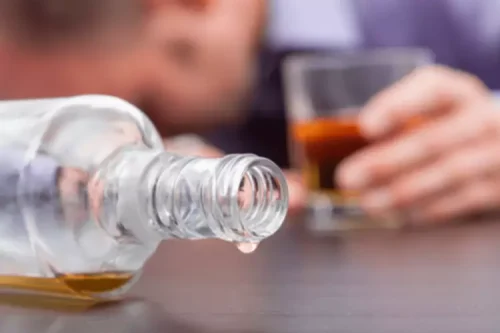
It often starts with strong emotions that make you neglect your physical and psychological well-being. Then, you might begin to justify why and how you can use again in a more controlled way. If a former drug user used to meet their dealer at a particular corner gas station, that gas station may become a powerful trigger. Get you or your loved one help for addiction or mental health issues today. External triggers are often easier to identify, as they stem from our environment and interactions.
Does My Health Insurance Cover Treatment
- In the context of mental illness, “trigger” is often used to mean something that brings on or worsens symptoms.
- While some triggers may create a nearly-unavoidable craving, in many situations the trigger can be removed or escaped with enough time to stop potential use.
- One of the biggest risks during drug recovery is that someone who is recovering from using a substance willrelapseand begin taking that substance again.
- It’s important to understand these personal triggers and develop strategies to manage them.
- At the Massachusetts Center for Addiction, we provide personalized, comprehensive treatment programs.
Researchers highlighted the importance of avoiding the people, places and things that remind patients of their former lifestyle. It is essential to keep in mind that while many triggers result from negative events or experiences, positive events or experiences can also trigger a relapse. When you are exposed to a potential trigger, the cravings will pass within a few hours if you resist the urge to relapse. Having a plan to get through times when your cravings are triggered will be very helpful in avoiding a relapse.
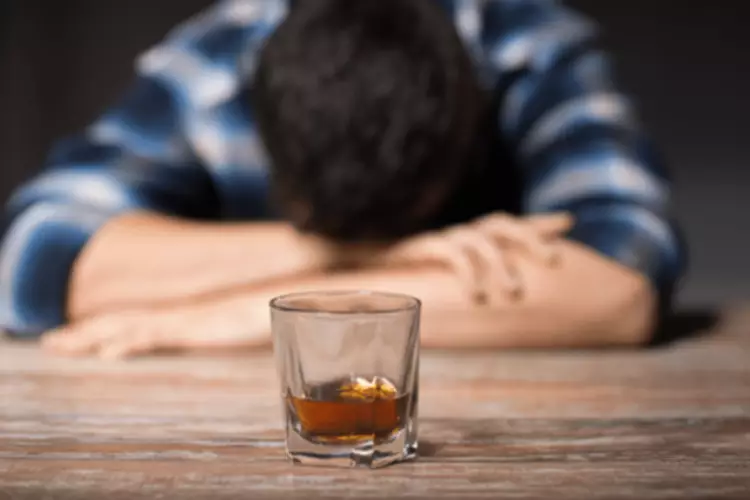
A Day in the Life at Canyon Vista Recovery Center: Insights from Clinical Director Darren Lee
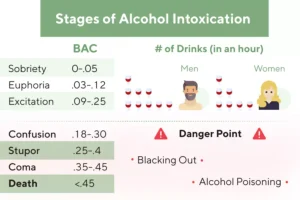
By doing so, you empower yourself, turning awareness into strength. At its core, a trigger is any stimulus, event, or situation that evokes a specific reaction, be it a memory, feeling, or the urge to indulge in an addictive behavior. While some triggers might seem obvious, others lurk in the shadows of our subconscious, waiting for the right moment to surface. Mental relapse, or relapse justification, is the continuous fight between wanting to use and knowing you should not use. Individuals often underestimate the dangers of situations and fall into the trap of single-time use. They give themselves permission to use substances in a controlled way, but the frequency of use generally increases until they fully relapse.
People Trigger Relapse
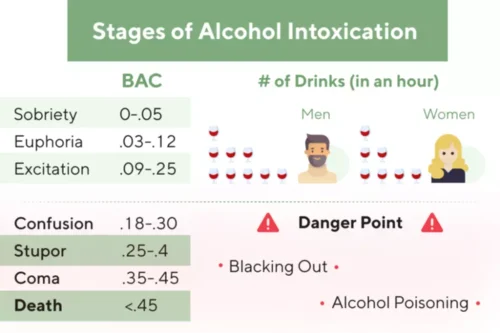
Internalized triggers, on the other hand, are emotional responses that occur without any obvious external stimulus. This internalization can happen with both positive and negative experiences, but it often becomes problematic when it involves negative emotions like fear, anxiety, or sadness. This can make it difficult to live in the present moment because they cause you to react to situations that aren’t actually happening anymore.
- Don’t wait— reach out today to take the first step toward taking control of your life.
- Addiction is a chronic brain disease with high relapse rates, though they are similar to other chronic diseases like diabetes and hypertension.
- They can arise unexpectedly and without a clear external cause, making them more challenging to manage.
Another potential benefit is that these warnings can help improve individual empowerment, allowing people to make informed choices about how they engage with information. Intrusive thoughts or other undesirable thought patterns are often the cause of relapse, particularly among those with diagnosed mental illnesses. Addiction is often the result of those with https://ecosoberhouse.com/ mental illness self-medicating to reduce the severity or frequency of the symptoms of that mental illness.
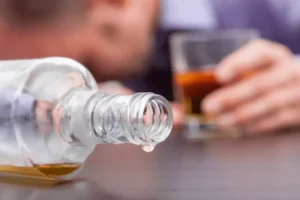
A study from Marquette University pointed out that stress rendered people in recovery more vulnerable to other relapse triggers. Researchers followed the cocaine use patterns of stressed internal and external triggers and unstressed rats and used a low dose of cocaine as a trigger. The stressed rats’ responses to the trigger mirrored those of people during relapse. The solution to overcoming this relapse trigger is to learn how to channel your positive feelings in a positive way, without the use of substance abuse. There are two main types of triggers that can start someone towards the path of relapse. People may be one of the more easily-avoided external triggers, mainly if they are people that used to be involved in substance use with the individual.
This Season, Give Yourself the Gift of a Fresh Start.
While some people process these feelings easily and let them roll off their back, individuals in recovery can have a hard time managing these emotions. For those struggling with substance abuse and addiction, it isn’t uncommon for the affected person to return to alcohol or drug use. About 40-60% of those struggling with addiction relapse following treatment. Identifying a relapse trigger, and learning how to deal with it, is an important step in the relapse prevention process. It is still possible to prevent relapse and a return to addictive behavior after cravings have begun, but it is better to prevent the craving in the first place.
Navigating External Triggers: Recognition and Coping Mechanisms
- These triggers can be diverse and vary greatly from person to person.
- In many cases, users cave to drug use during a window of opportunity and falsely believe it will cause no harm.
- Everyone will have different internal triggers, but by recognizing some of the common ones you will be better equipped to avoid or address your internal triggers.
Your goal should be to detach yourself from the trigger, recenter, and focus on your coping strategy. Stephanie Robilio is an accomplished Clinical Director at Agape Behavioral Healthcare. With a Master of Social Work degree, LCSW license, and extensive training in Rapid Resolution Therapy under her belt, she brings a wealth of expertise to her role. Her unique combination of education and experience allows her to provide exceptional care to clients and lead her team with confidence. Stephanie’s joy comes from witnessing the moments when her patients creatively connect the dots and bravely move toward reclaiming their power. Her purpose is to help individuals understand their past so they can create a future full of hope, growth, and success.
Internal triggers act in reverse, associating these signals to the substances that elicit them. Cues such as spoons can trigger memories of drug use in former heroin users without them being aware. Avoid external marijuana addiction triggers whenever possible, and get rid of any item that may lead to a trigger. Avoiding external triggers may involve ending some past friendships. Recognize that these friendships are harmful to you and be sure to cut the friendship off completely; a half-way ending to a bad friendship will be much less likely to succeed. Our brain stores memories by associating them with other memories.
How to Help Your Adult Child with Drug Addiction
Our team is available 24 hours a day, 7 days a week to answer any questions you may have. Give us a call today and begin your journey toward long-term recovery. Where physical, spiritual, educational, and financial needs are addressed with a Christian approach for long-lasting recovery. You might be surprised at how people find excuses to hold on to connections with people who threaten their recovery.
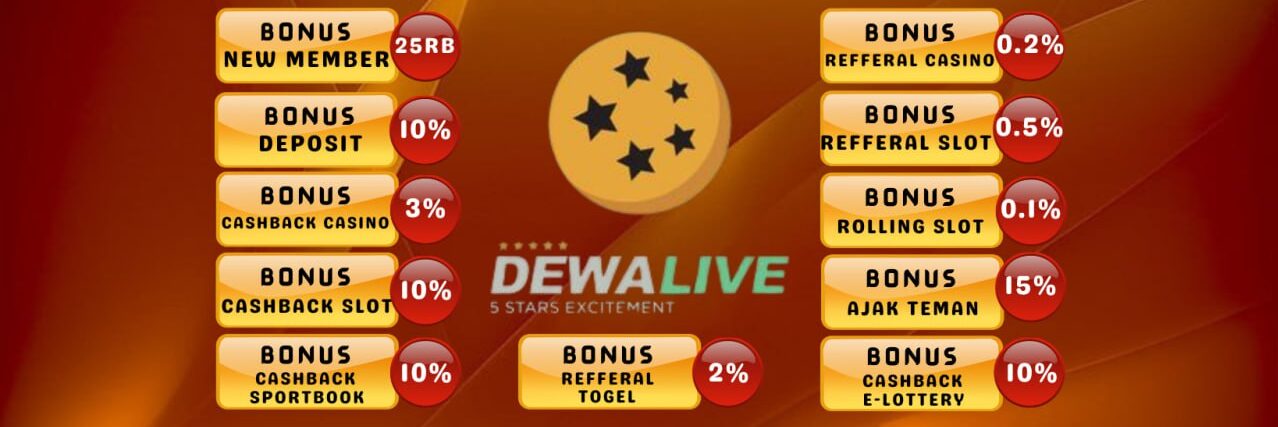
Leave a Reply